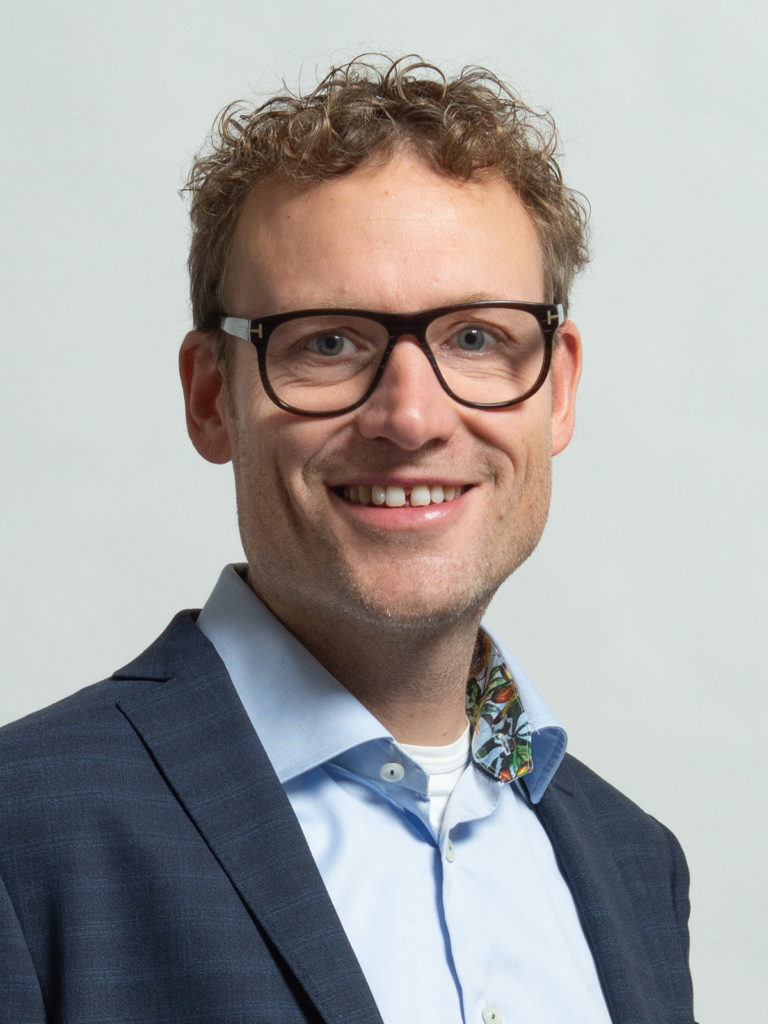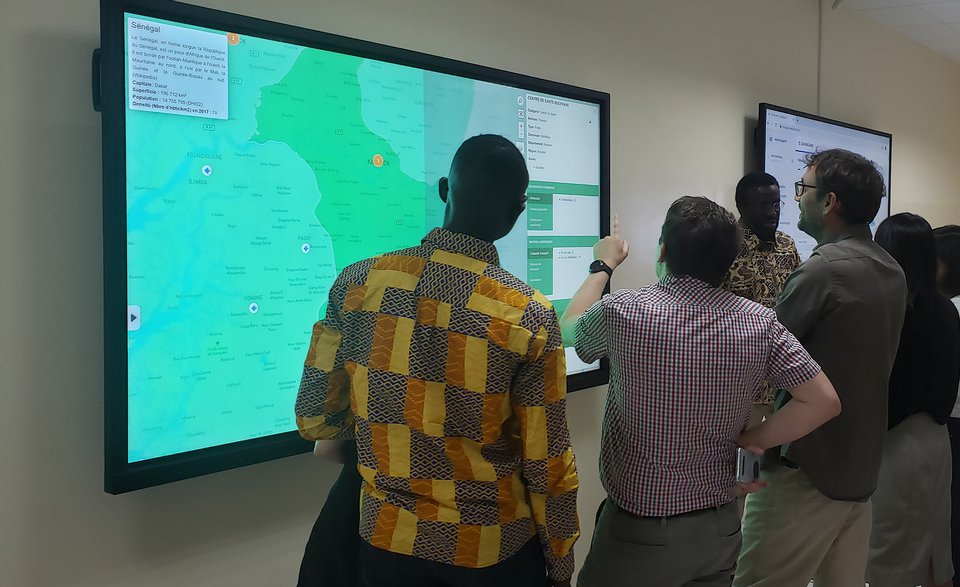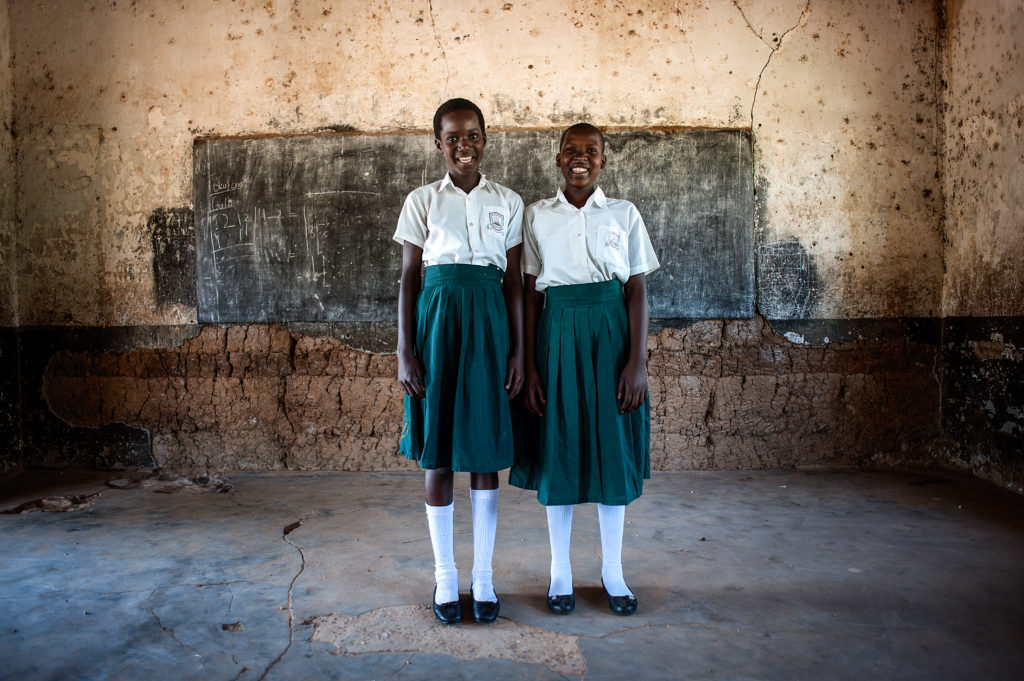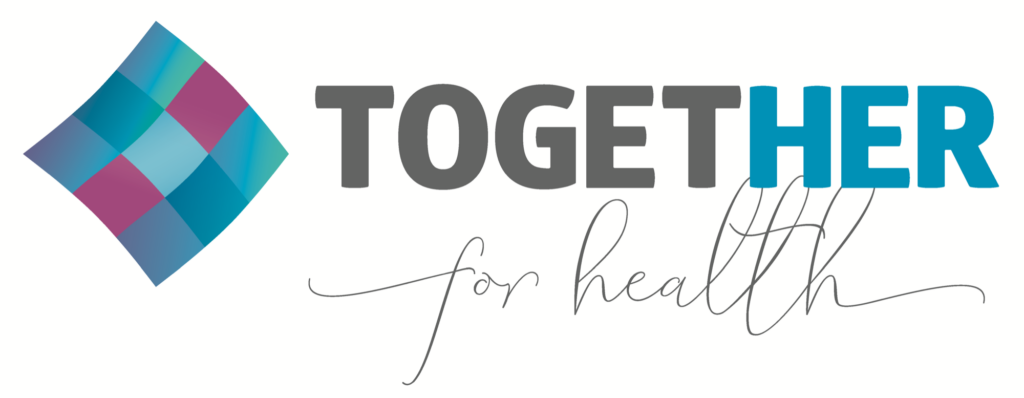The TogetHER Interview: Nikolaj Gilbert, PATH President and CEO

October 5, 2020
The impact of COVID-19 on global cervical cancer prevention efforts has been wide-ranging, with unclear long-term ramifications. Our new TogetHER Interview series provides an opportunity for key leaders in global cervical cancer control to discuss current challenges and provide perspective on where the field needs to go from here.
This installment of the TogetHER Interview series features PATH President & CEO Nikolaj Gilbert.
Header photo: PATH

How have you and your organization been impacted by and adapted to COVID-19?
PATH has not been immune to the challenges that COVID-19 has dealt all of us. As a public health organization, we know what it means to respond to an epidemic, but we’ve never had to do it at this scale. We have adjusted our priorities to aid the global effort, and we have shifted how we do our work. For most of us that means working remotely while caring for children and other family members. We have experienced loss of life and are facing an uncertain future. It has not been easy.
And yet despite these challenges we remain committed to our mission. I have seen incredible resilience from our global team and some really important work accomplished. Our team in Vietnam helped set up digital tracking systems for the local response. Our team in Senegal has successfully pivoted tools and systems used for Ebola and malaria to aid with COVID. And across the board we’ve been thinking about how we can make changes that support the COVID response that also make health systems stronger long-term — while ensuring decades of progress fighting other diseases is not undone. I am so proud to be part of PATH and to work alongside these amazing people.
What concerns you most about women’s health in low-resource countries during the pandemic? What is your organization doing about it?
The devastation of an infectious disease outbreak cannot be defined by its morbidity and mortality alone. Dwindling resources, decreases in access to health care services, and economic instability create just as much disruption in the health of communities — and exacerbate existing inequities.
This is true for women’s health, not just in some places but everywhere. Limited access to primary health care, including sexual and reproductive health services and maternity care, limited contraception supply, and increased risk of violence are just a few of the ways the pandemic is making it harder for women to be healthy.
But there are things we are doing right now to alleviate some of those challenges. As governments respond to the COVID-19 pandemic, PATH is engaging with ministries of health to ensure that sexual and reproductive health and family planning are prioritized as essential health services. Additionally, we are tracking disruptions in family planning service delivery to inform our programming and response. We’re also re-thinking the way health care is delivered and relying on remote consultations and at-home testing, treatment, and self-injected contraception. I hope we find solutions that don’t just work now, but make access easier in the future too.

“As governments respond to the COVID-19 pandemic, PATH is engaging with ministries of health to ensure that sexual and reproductive health and family planning are prioritized as essential health services.”
The Health Emergency Operations Center in Senegal, which PATH helped the government establish after the 2014 Ebola outbreak. Photo: PATH

How do you see cervical cancer prevention – the HPV vaccine and screen-and-treat – coming back after the pandemic? What can we do now to prepare for the resumption of services?
Cervical cancer is a preventable disease, but only if women are vaccinated against HPV, routinely screened, and treated when necessary. This standard of practice isn’t established everywhere. Some countries have taken steps to ensure these services are available to all women, but those foundational measures are at risk.
For instance, PATH has partnered with local governments to create HPV vaccination programs in schools. This is the most effective way to reach adolescent girls, who should receive the vaccine between the ages of ages 9-14. The pandemic has led to massive school closures globally, and a marked decline (and in some cases halt) in vaccination. This disruption will likely have repercussions long term.
Screening programs have also been curtailed. Many of PATH’s collaborators have re-allocated their screening personnel to the response effort, and staff have been unable to work because of lockdown. Cancer screening has been effectively put on hold.
We must resume services as soon as possible to avoid a lag in diagnosis and treatment. This is true for cervical cancer, but also other essential health services. Testing and safeguards from COVID-19 infection, measures to avoid overcrowding, and virtual consultations paired with self-collected sampling for testing are part of the solution.

“The pandemic has led to massive school closures globally, and a marked decline (and in some cases halt) in vaccination. This disruption will likely have repercussions long term.“
Veronica Nanyombi (left), and Sarah Kemirembe (right), students at Nakasongola Primary School in Uganda, received the Human papillomavirus (HPV) vaccine through PATH’s HPV vaccine project. Photo: PATH/Will Boase

_____
What is something you have learned during Covid-19 that makes you hopeful?
I joined PATH only a few weeks before the first cases of COVID-19 appeared. I came from UNOPS, and previously from the pharmaceutical and finance industries, so I was well prepared, but new to the global public health sector. It has been quite an onboarding experience!
I think what has been most meaningful to me is the tenacity of this sector. Even when things are as hard as they have ever been, we are saying, “We must do better.” We’re reckoning with the history of colonialism and racism in our sector. We’re becoming more efficient. We are taking steps to hold ourselves accountable and set the bar higher. I believe we will get past this and we will have used this as an opportunity to make changes that were long overdue. The people in PATH, the people responding to COVID, the people continuing to provide the essential services everyone needs to stay healthy. They give me hope, and I’m grateful.
Learn more about PATH’s work on HPV vaccines and cervical cancer.
Interested in reading more TogetHER Interviews with leaders in the global cervical cancer response? Click here for the full list.

Nikolaj Gilbert is president and chief executive officer of PATH and managing director of PATH’s Swiss subsidiary, Foundation for Appropriate Technology in Health. He brings to his roles more than 20 years of international experience as a leader, strategist, and director of complex partnerships. With a proven track record in both the private and public sectors, his expertise spans health, peacebuilding, humanitarian aid, and development solutions.
Before joining PATH in 2020, Mr. Gilbert served as director of partnerships for the United Nations Office of Project Services. In that position, he cultivated a deep understanding of the development ecosystem and of health inequity’s underlying causes—from those rooted in global systems and markets, to those at local levels.
Based on his development sector and health industry expertise, Mr. Gilbert has an intimate knowledge of health agendas and priorities across donor and partner countries. He has demonstrated his ability to drive change at scale by building new programs and diversified funding models.
Previously, Mr. Gilbert served as a director for Novo Nordisk, where he developed expertise across corporate strategy, public-private partnership, business development, global marketing, and finance. He began his career at Accenture, a global management consulting firm, and has also worked with management research at INSEAD, a business school.
Mr. Gilbert is a Danish citizen and holds advanced degrees in business administration from Copenhagen Business School in Denmark and Ivey Business School in Canada.
